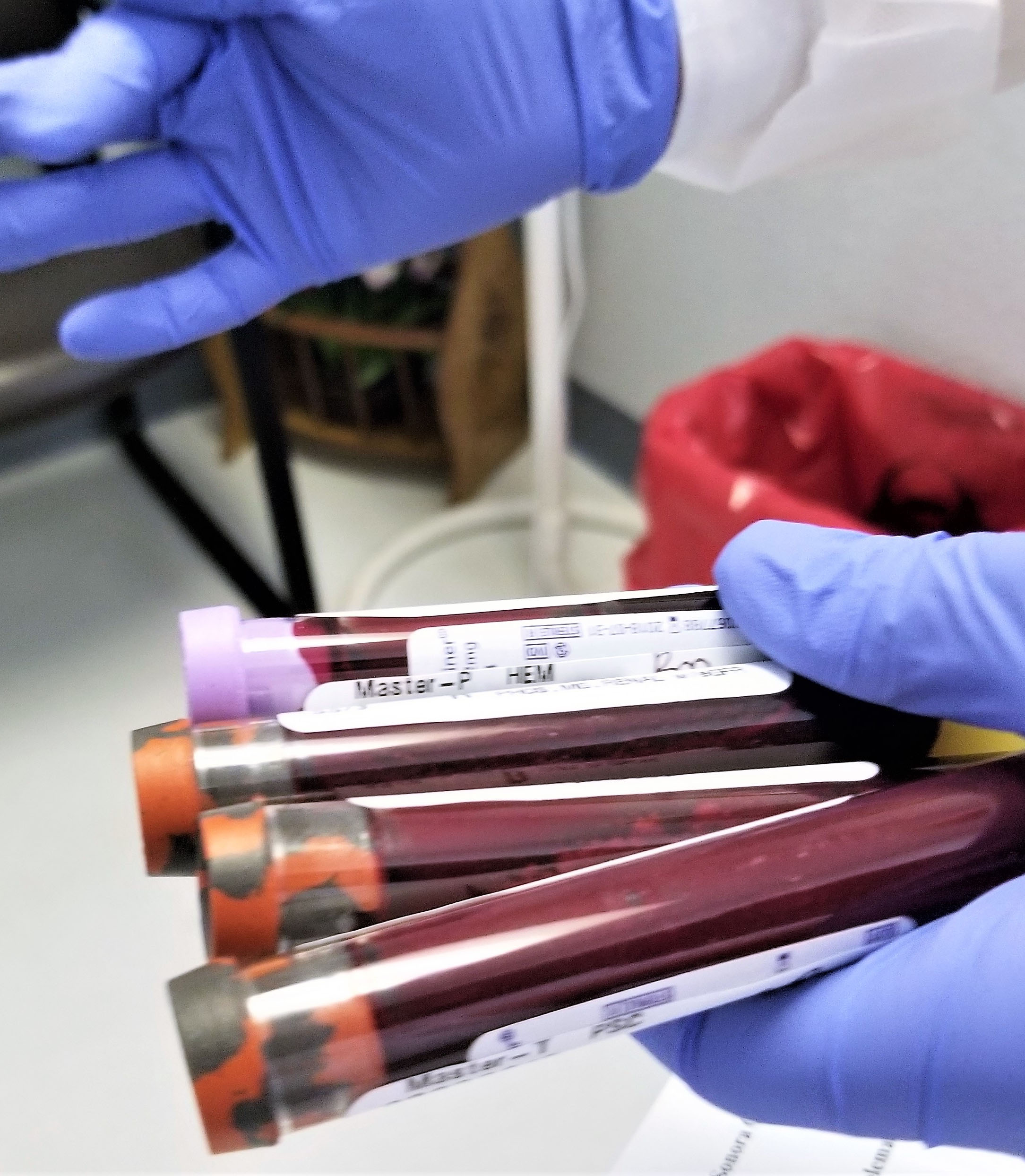
While cancer itself has yet to be cured, we have come a long way. Here are some of the discoveries made by the medical community in the last 20 years.
Late 1990s
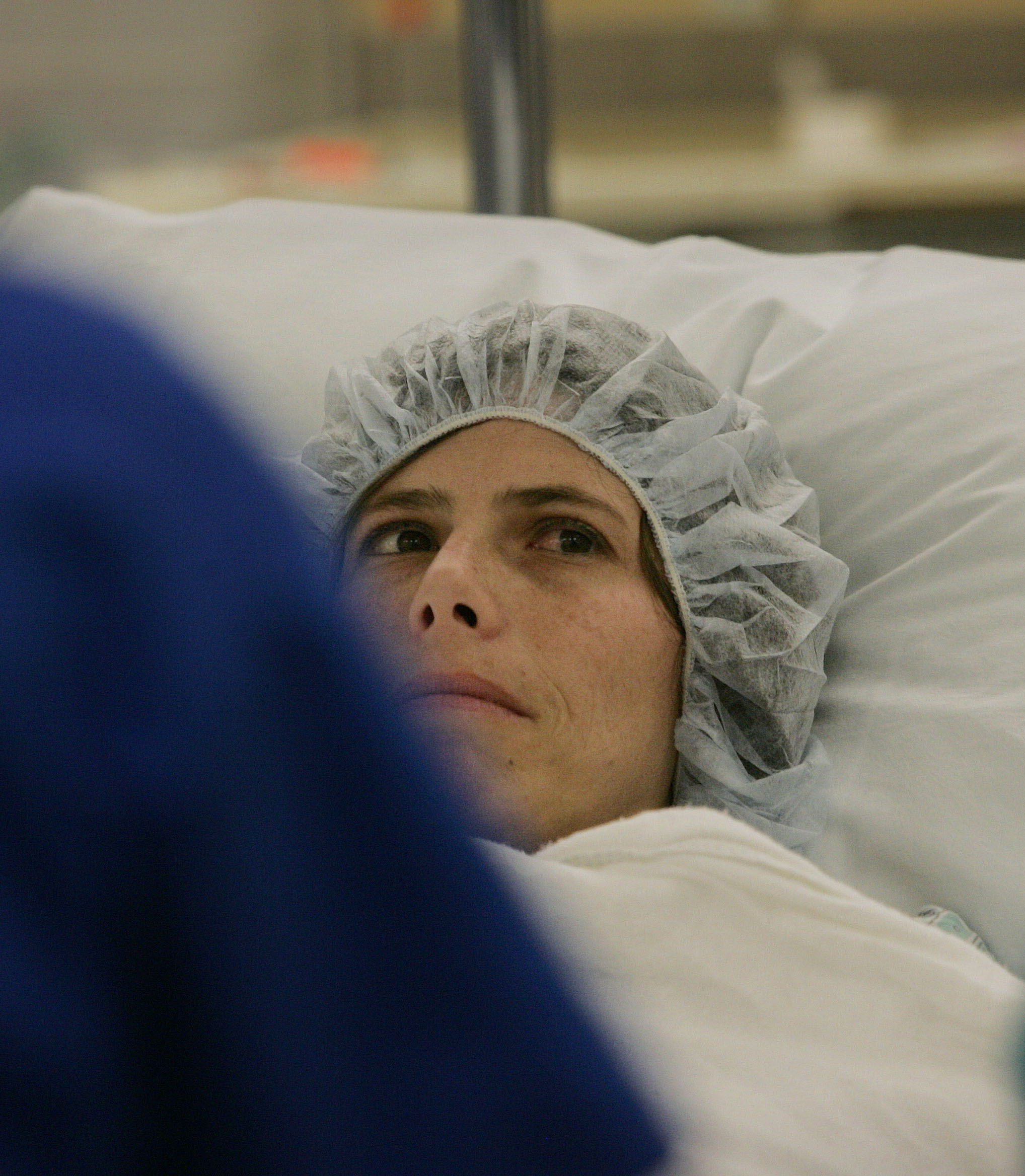
Researchers find that women with BRCA1 and BRCA2 gene mutations, which put women at a high risk for breast and ovarian cancers, can reduce that risk by 90% or more by having preventive surgery that involves surgically removing the breasts or ovaries — or both.
2001: The First Targeted Therapy Approved by the FDA
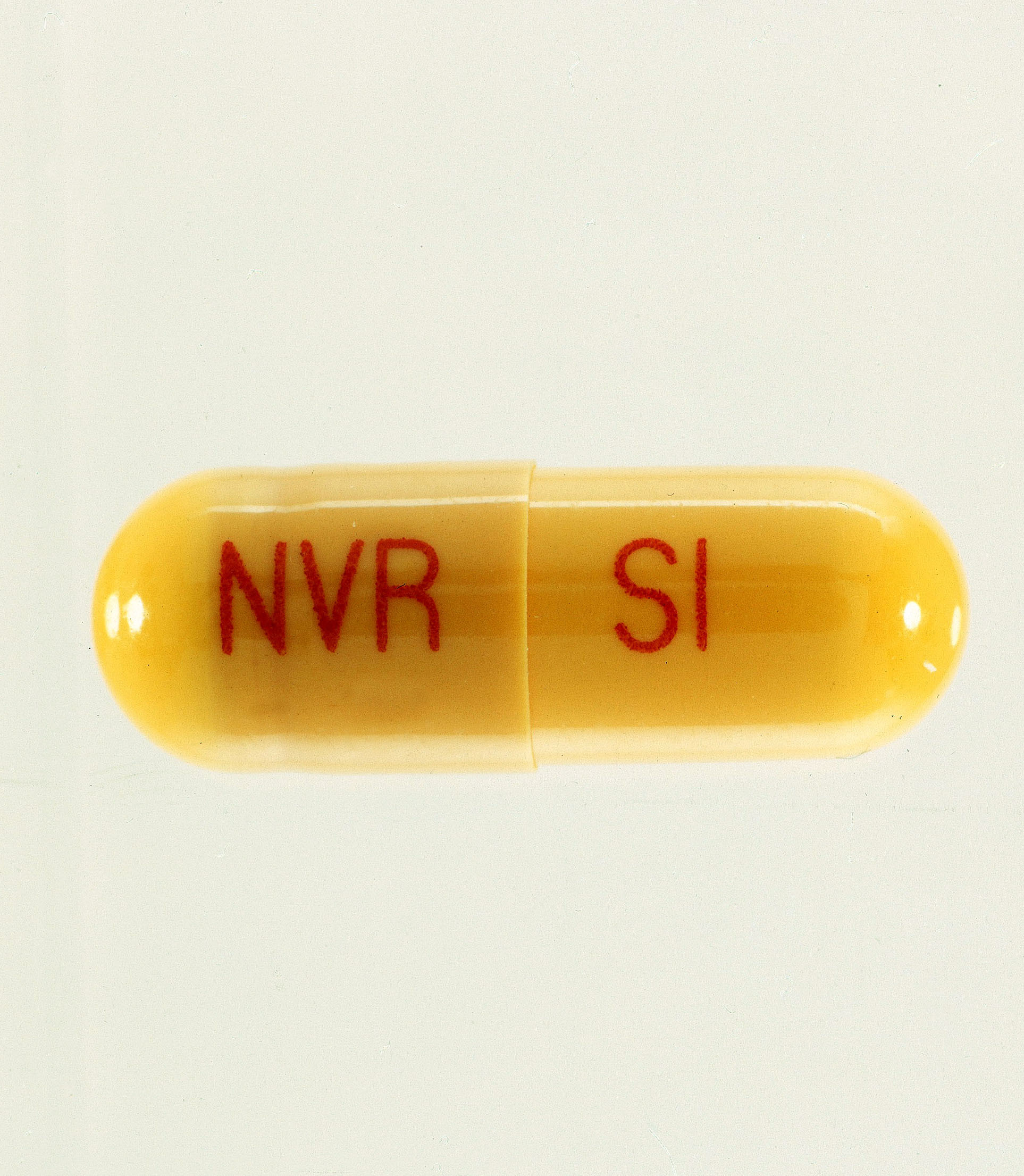
Targeted therapies work by attacking specific types of cancer cells. One such drug therapy, called Gleevec (imatinib mesylate), is found to halt the growth of chronic myelogenous leukemia, a rare blood cancer, and to help treat a rare abdominal tumor called GIST (gastrointestinal stromal tumor).
2004: The First 'Antiangiogenic' Drugs Are Approved
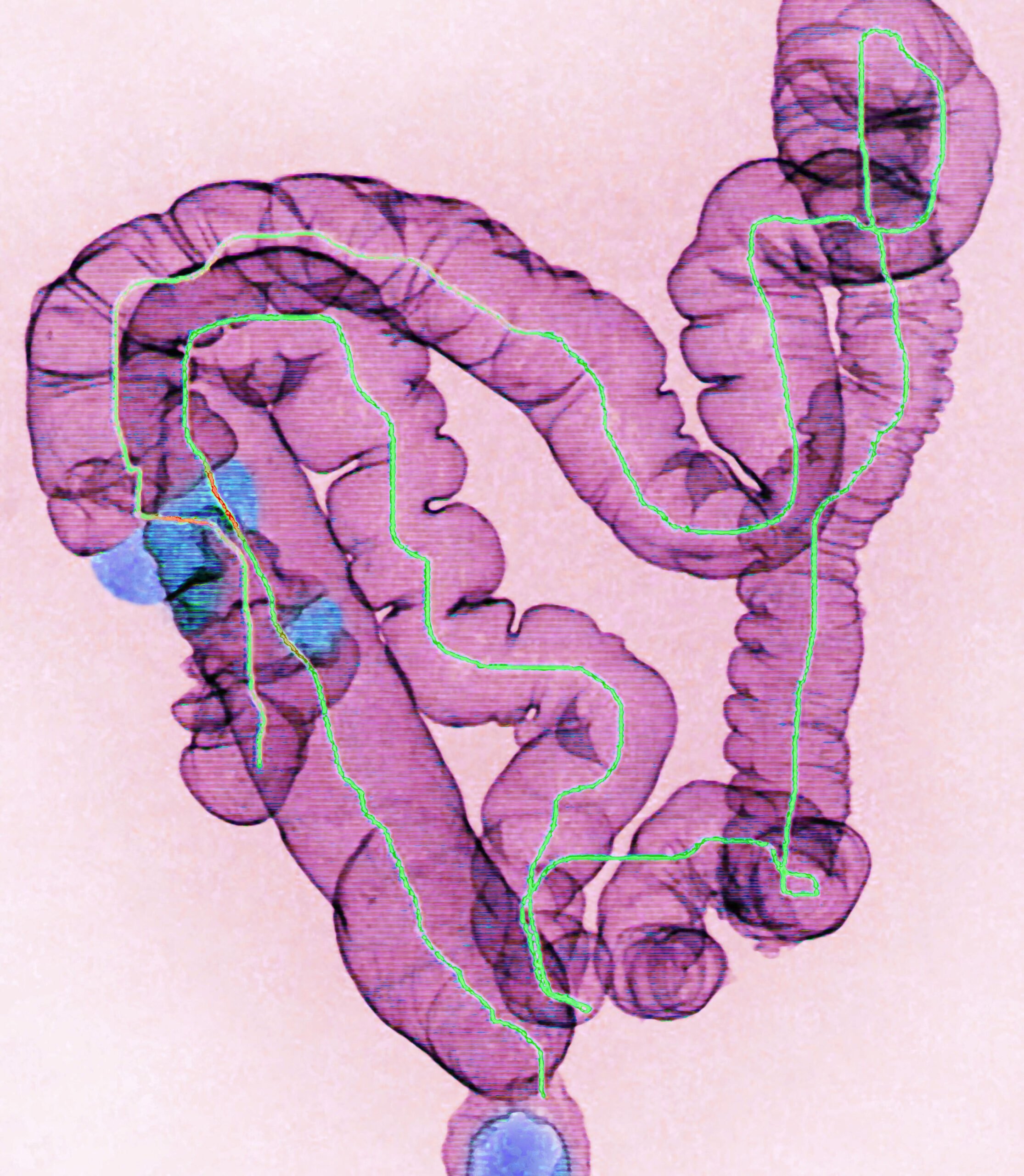
A new type of targeted drugs, called antiangiogenics, work by blocking the blood vessels that tumors rely on to grow. The US Food & Drug Administration approved the antiangiogenic Avastin (bevacizumab) to treat colorectal cancer — which is later proven to be effective on various other cancers as well, including lung and ovarian cancers.
2006: The First Vaccine to Prevent Cervical Cancer
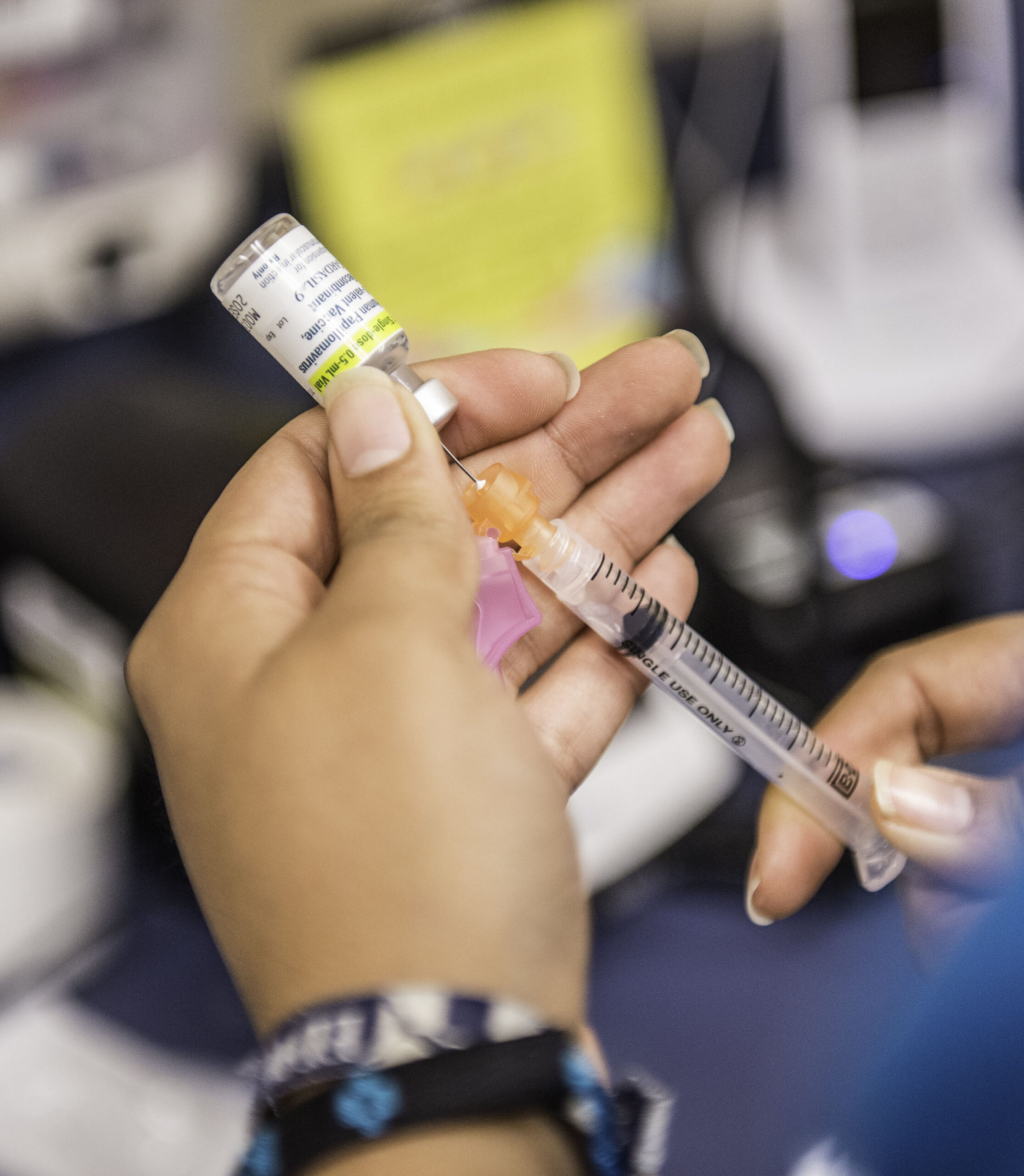
The FDA approved Gardasil, a vaccine against two strains of the human papillomavirus (HPV), which causes roughly 70% of all cervical cancers. It is meant for girls and women age 9 to 26. Later studies show Gardasil prevents other HPV-related cancers in women and men.
2009: Major Studies Call Into Question the Benefits of PSA Testing
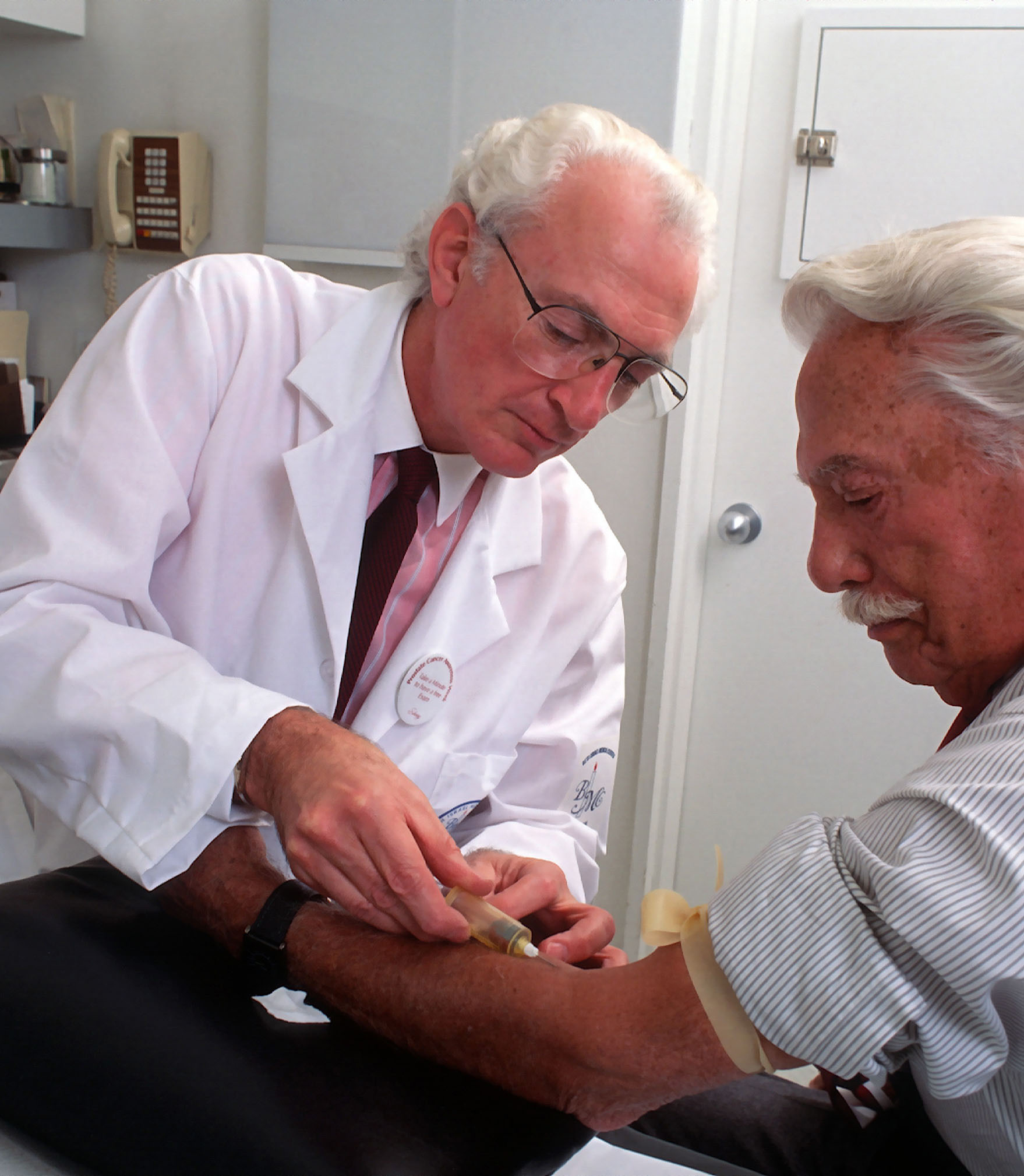
In a series of studies, researchers question the value of prostate-specific antigen (PSA) testing. Does it lead to overdiagnosis and overly aggressive treatment, or does it reduce the risk of death? The debate is ongoing.
2010: The First Human Cancer Treatment Vaccine
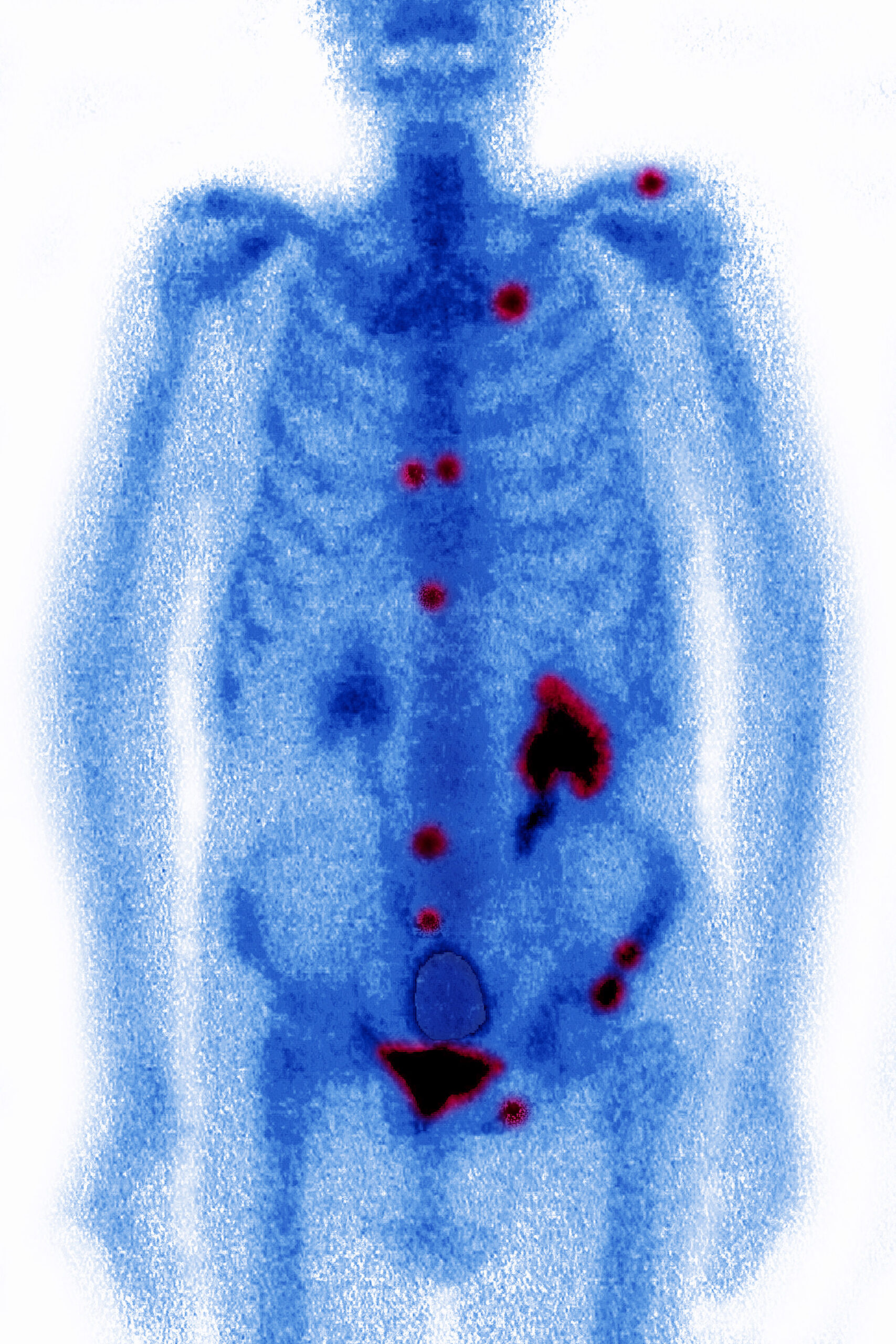
The FDA approved Provenge (sipuleucel-T), a cancer treatment vaccine that is made using a patient's own immune system cells to treat advanced prostate cancer. So far, it’s the only vaccine approved in the US to treat cancer.
2011: FDA Approves Promising New Immunotherapy
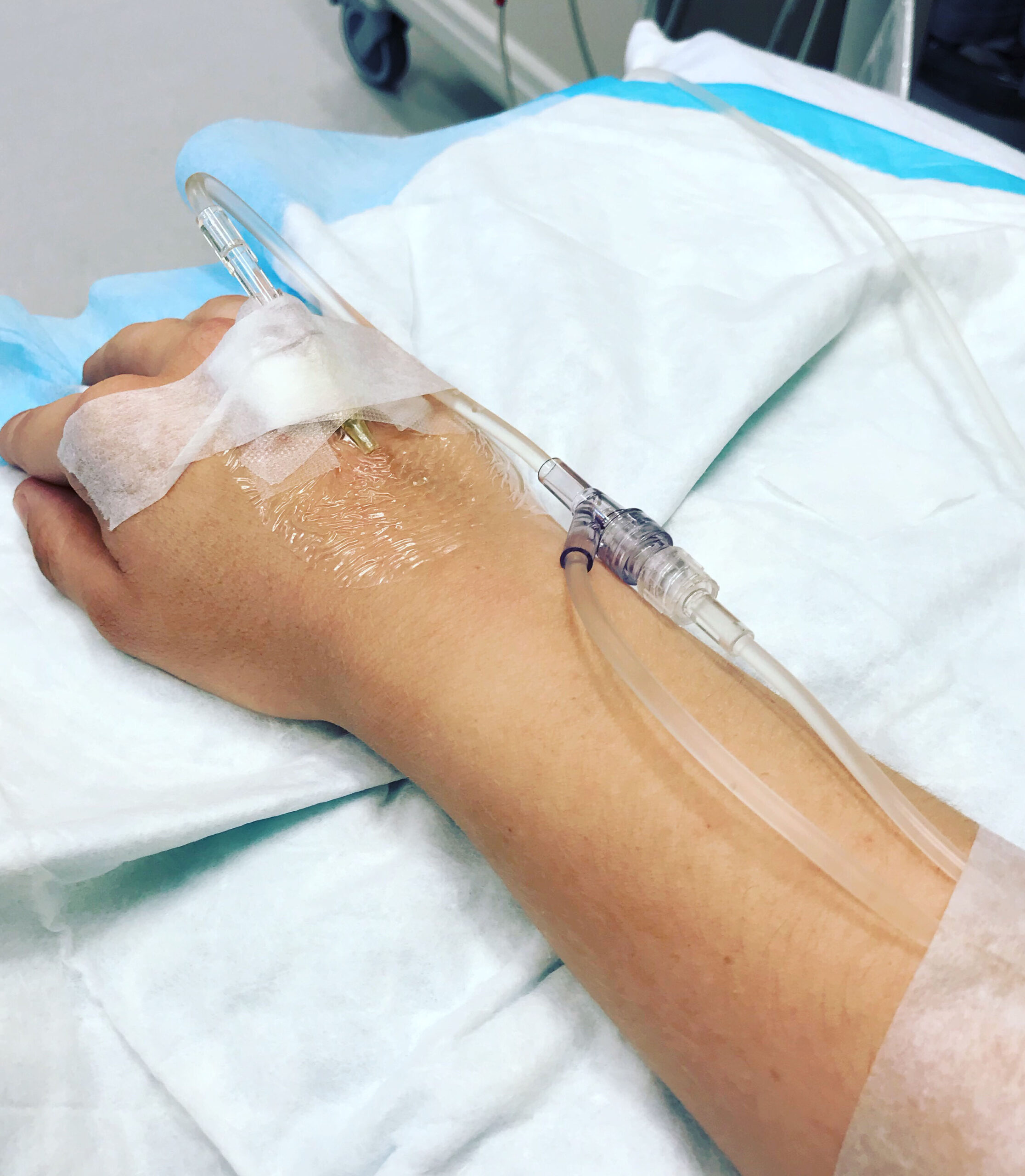
Yervoy (ipilimumab), a new immunotherapy, is shown to improve survival rates in people with advanced skin cancer by blocking CTLA-4, which suppresses a natural immune response. As the Cancer Research Institute explains, “It is also the first in an emerging class of therapies called 'checkpoint blockade,' which enhance the immune system’s ability to attack cancer by interfering with immunological checkpoints that slow or stop immune cell activation and proliferation in the presence of tumors or chronic viral infection."
2013: CAR-T Used to Treat Childhood Leukemia
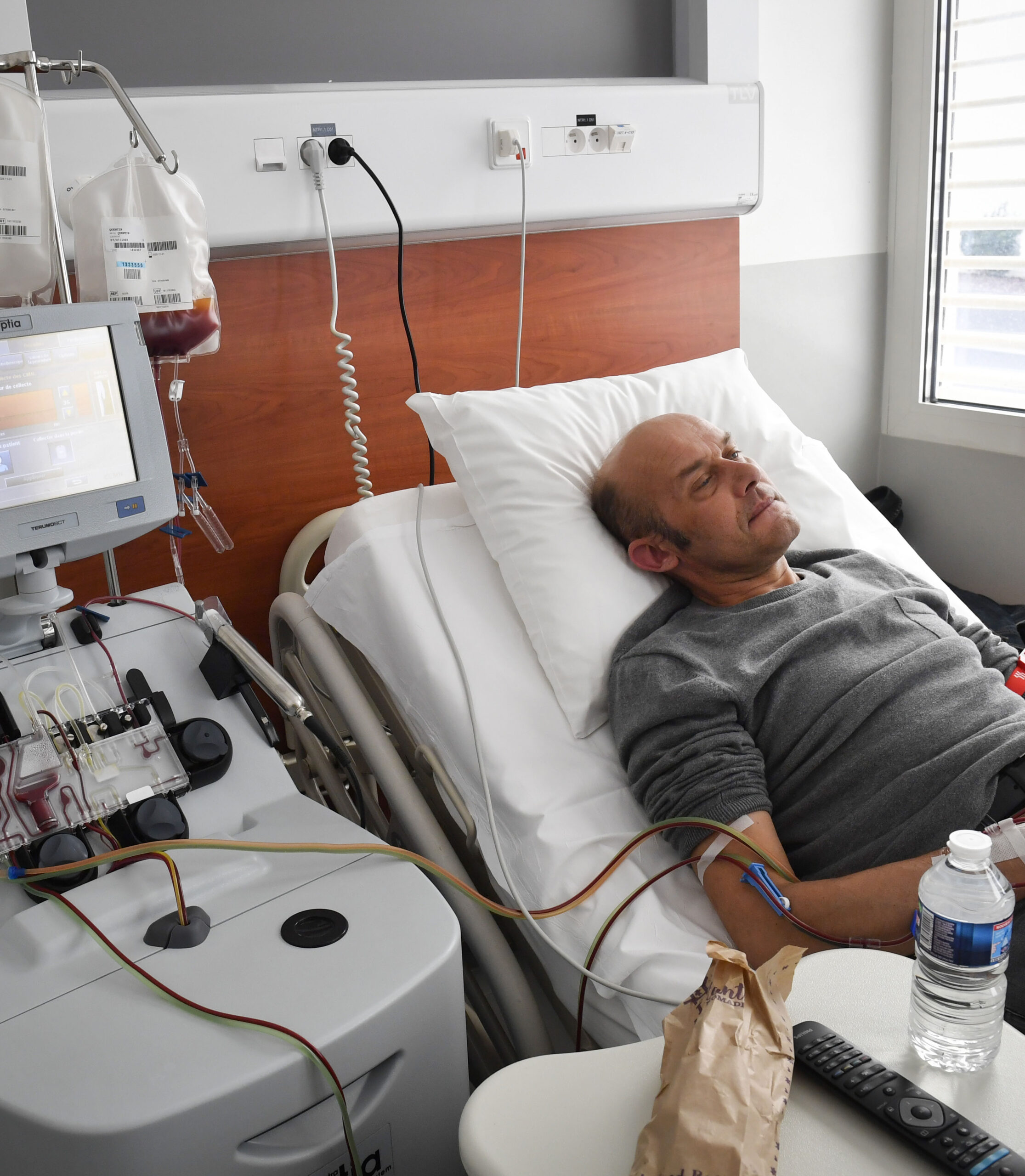
A new approach to cancer treatment called chimeric antigen receptor-modified T cell (CAR-T) therapy proves promising. With CAR-T therapy, a patient’s own T cells are genetically altered to attack cancer cells.
2014: FDA Approves Two New Immunotherapies
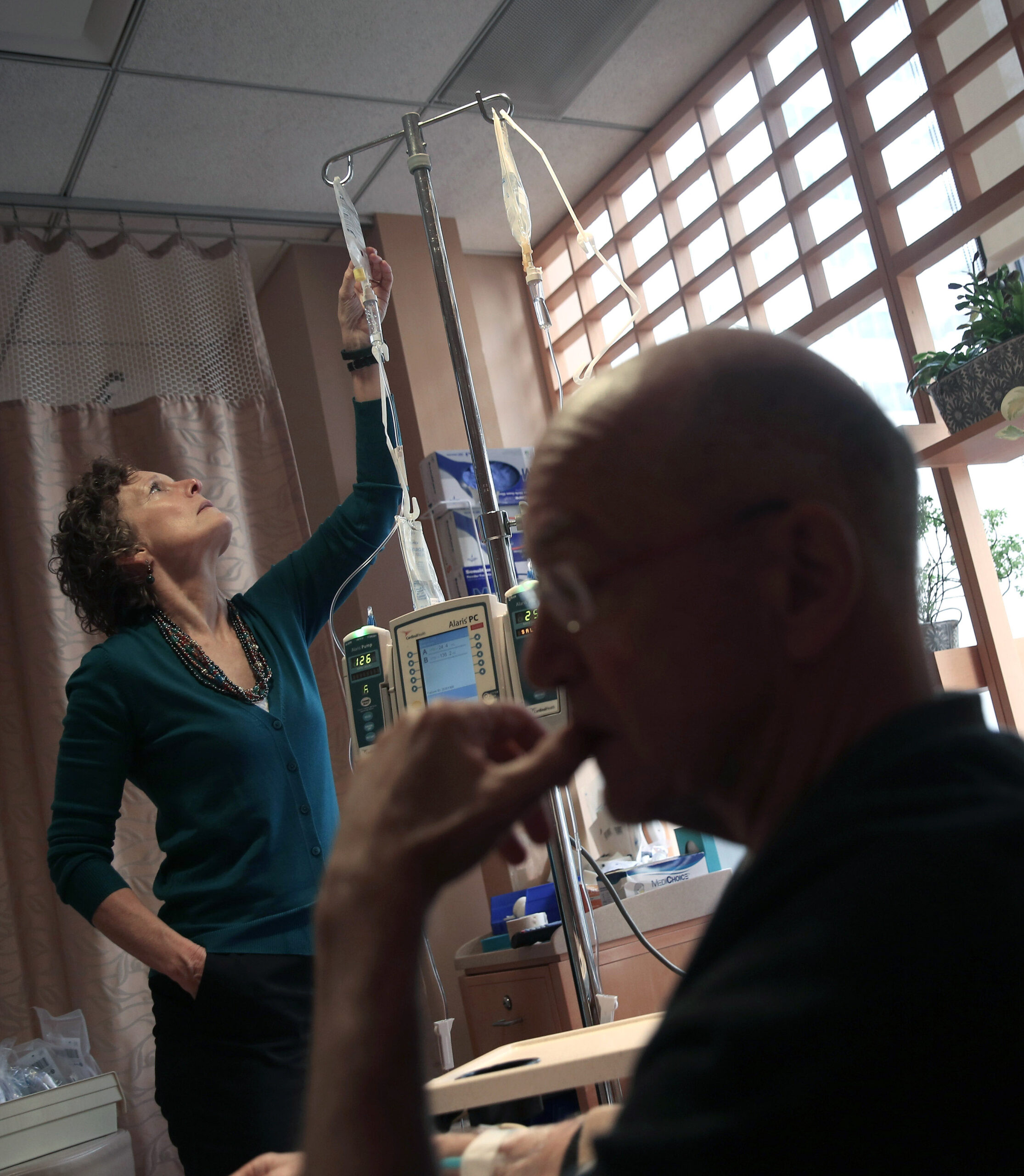
The FDA approves Keytruda (pembrolizumab) and Opdivo (nivolumab) to treat melanoma. These two immune checkpoint inhibitors work by blocking a pathway called PD-1, which prevents the immune system from attacking cancer cells. They were later approved for the treatment of the most common type of lung cancer, as well.
2015: A New Type of Breast Cancer Treatment
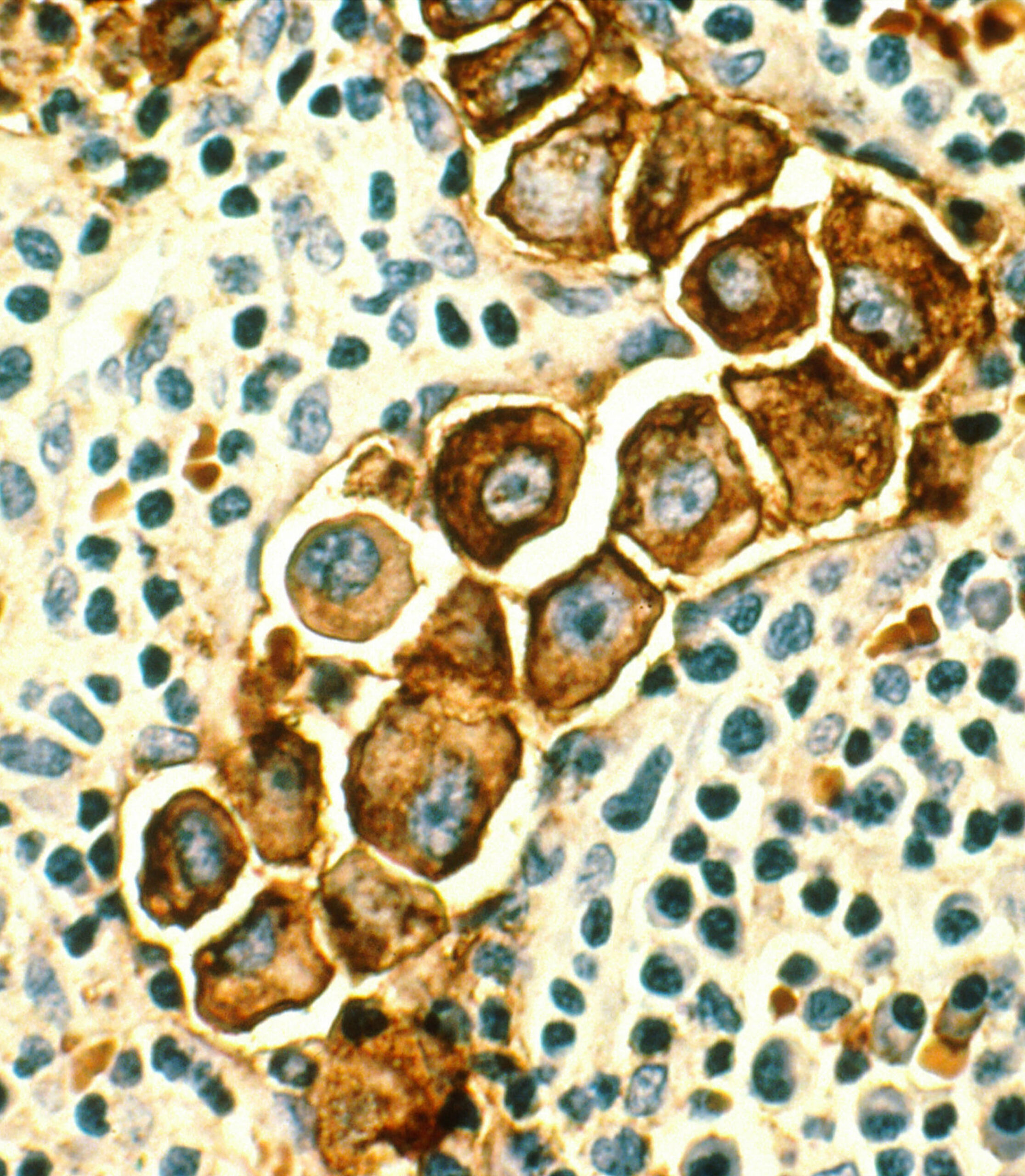
The FDA approves Ibrance (palbociclib), the first cyclin-dependent kinase (CDK) inhibitor, to help treat advanced breast cancer.
2017: The First Gene Therapy for Cancer
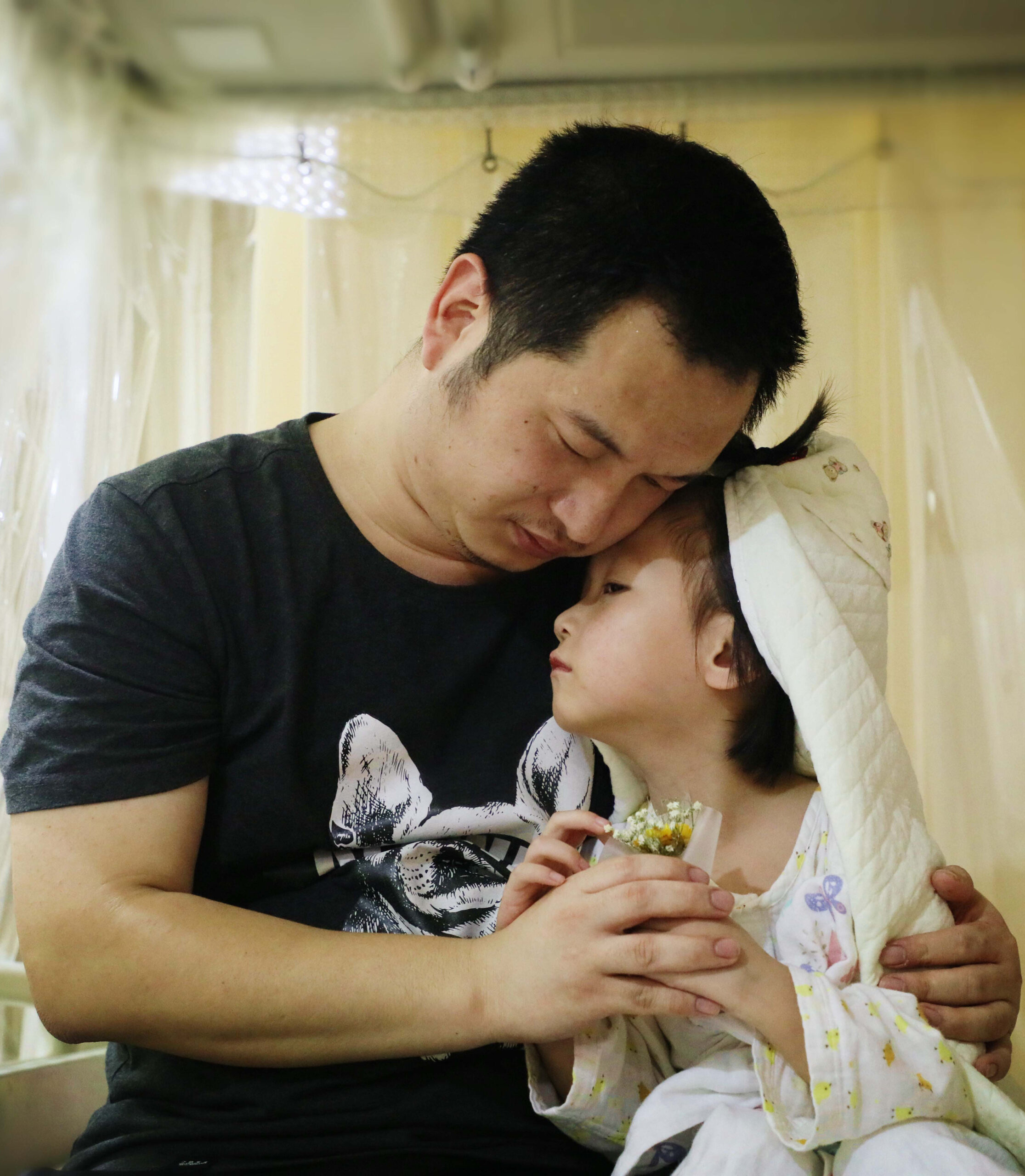
The FDA approves Kymriah (tisagenlecleucel), a cell-based gene therapy, for kids and adults up to age 25 who have B-cell acute lymphoblastic leukemia (ALL).
2018: A New Blood Test Promises to Detect Up to 8 Types of Cancer
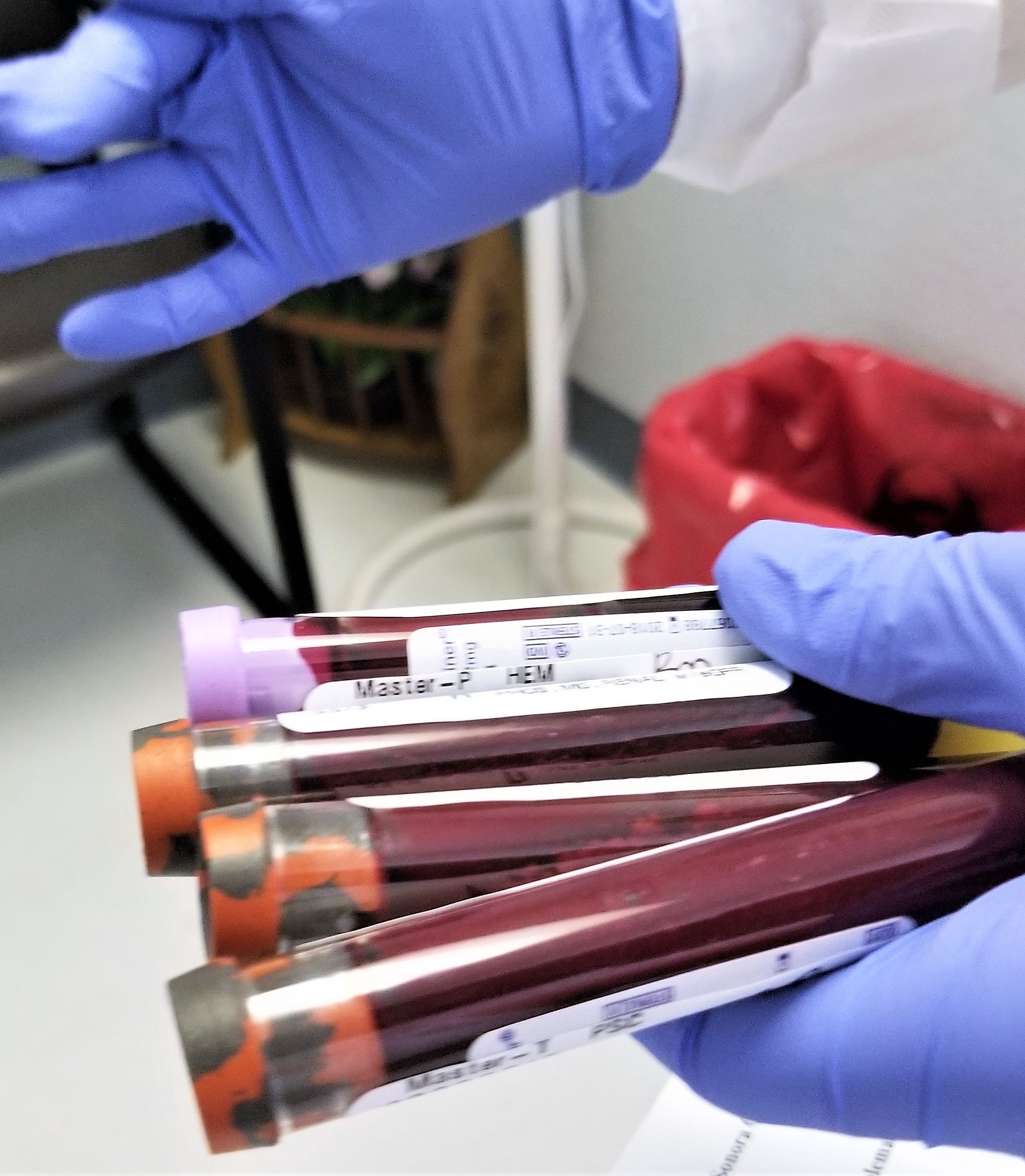
In clinical trials, a new test called CancerSEEK has been shown to detect eight common cancers — a huge advance in early, noninvasive testing.
For a fuller list of milestones in cancer treatment, see the American Society of Clinical Oncology’s Cancer Progress Timeline.




